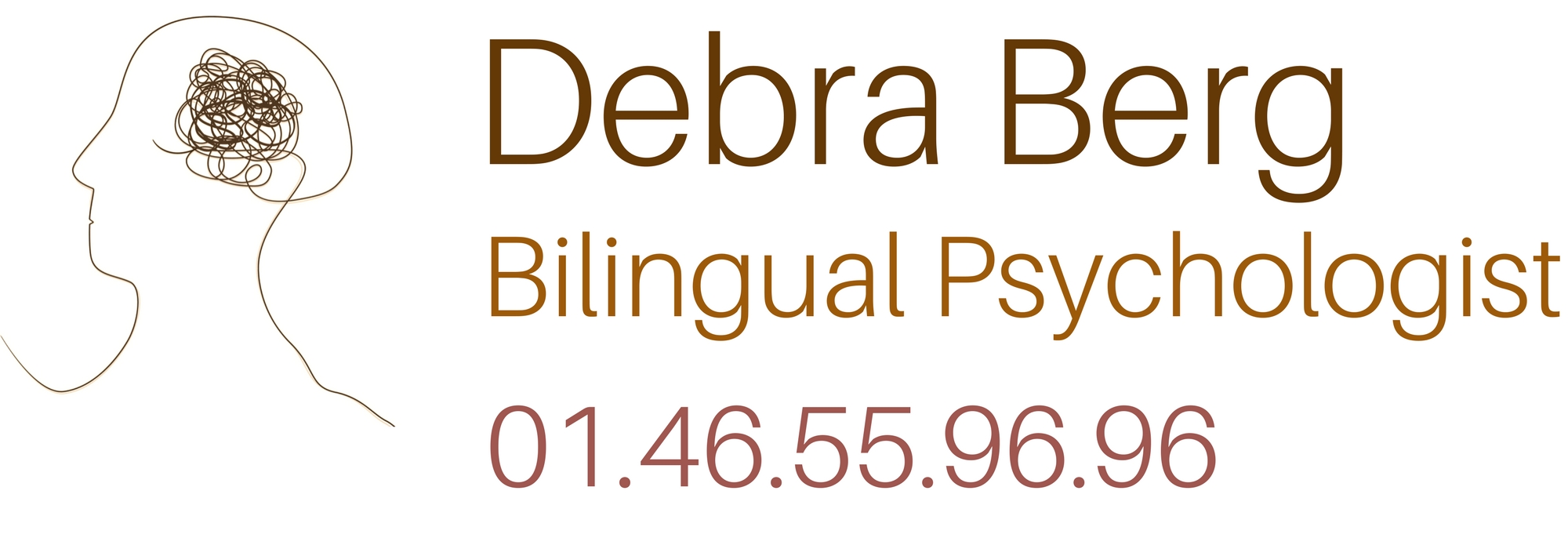This series in three parts started with 15 Ways on How To Choose Your Therapist Part 1 and Part 2.
Make sure you don’t just find any therapist close to your home or work, find one that works for you. This might take a little time and experimentation, but finding the right fit is important for your therapy to be efficient and successful.
I encourage you to consider the following ideas. Look for a therapist who:
(11) Is results-oriented. Helps you achieve relief as well as your therapy goals. Gives you feedback and helps you track your progress. You and your therapist should be setting ultimate and intermediary goals, and should be striving to reach them. However, be wary of a therapist who “guarantees” results or “predicts” exactly how many sessions your therapy will take. Time spent and number of sessions is not a good indicator of the success of your therapy. Focus on the goals.
(12) Addresses the possibility of your bumping into one another outside the office and how you might handle this. You and your therapist may bump into one another in the street, at the supermarket, or at gatherings. So that such a situation is not awkward for either of you, your therapist should be open to talking this matter over with you.
(13) Will provide testimonials when asked. Mental healthcare professionals must keep their patients and their patients’ lives confidential. It is therefore not always appropriate or even possible for a psychologist to ask and gather patient testimonials. However, testimonials of past patients, word-of-mouth praise, references and even endorsements of other healthcare professionals, clinics or hospitals, can be indicative of the quality of the service your therapist provides.
(14) Has an online presence. Google the therapist’s name. Does he have an online presence? A web site? With what content? Is the information you find on your therapist professional, or is it all mixed in with personal information. The information you may or may not find on the Internet could be telling.
(15) Trust your gut feeling! Your first impression is one you should listen to. At the end of the day, after you’ve gathered all the information you need to have an opinion, it is how you feel about the therapist that should guide you. Do you feel there is a good fit? Do you feel there is a connection? Use this mini-guide to gather the information, think it through, and trust your gut feeling.
I hope the ideas I have shared with you here have been helpful. Please share them with your family and friends if you believe they need help choosing a therapist.
For any questions, comments or other ideas you believe could be constructive, don’t hesitate to contact me.
Debra Berg, Psychologist in Paris
